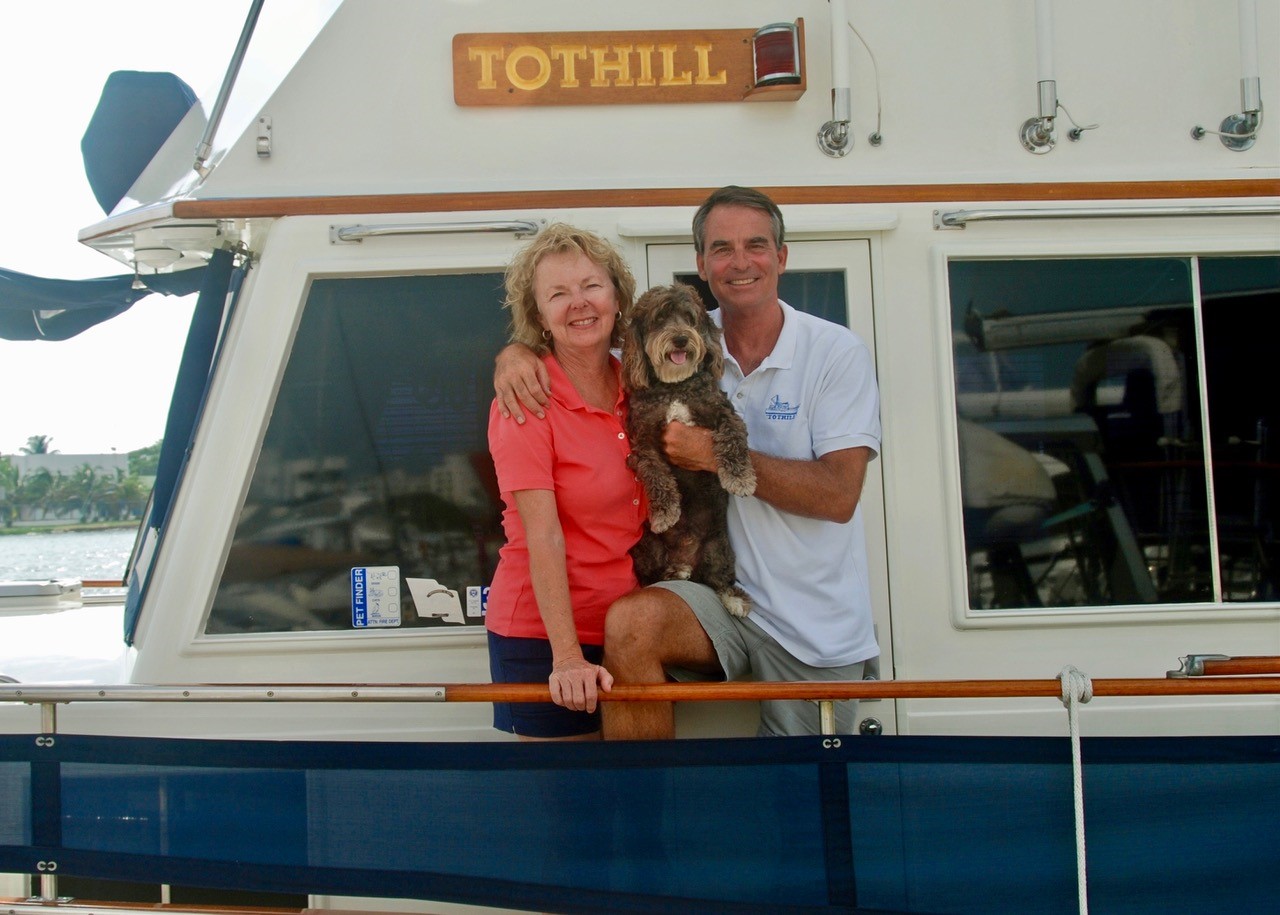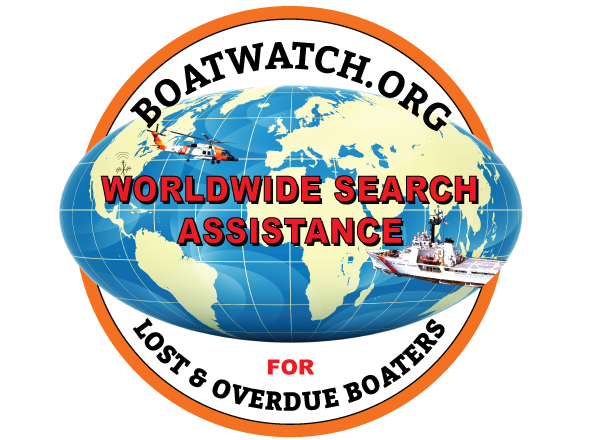Noonsite October Sailing News and Updates
Published October 26, 2022
Noonsite.com
CRUISING LEGENDS
Eddie and Glenn Tuttle are well known amongst cruisers in the Bahamas and US East Coast for the unfailing support they have provided over the years through their Cruisers Radio Nets. Both have years of cruising experience and are HAM radio operators, working for cruisers on a purely volunteer basis.
They established the SSCA Radio Service in 2015 to better inform cruisers of news, security and safety issues in the Caribbean and to assist with float plans, boat to shore comms, medical queries and much more. Then in 2019 they took over Boatwatch with the mission to maintain a worldwide network of resources to aid mariners that are missing or overdue; have a boat stolen; or to whom urgent messages need to be relayed.They operate Boatwatch.org from their home in Punta Gorda, FL or from anywhere on their boat.
Glenn told Noonsite, “Our goal (with Boatwatch) is to use our investigative experience as retired FBI Agents, coupled with our past experience as full-time liveaboards for over 30 years on both sail and powerboats, as well as full-time cruising in the Caribbean for 10 years, as a knowledge base to enhance the existing International Boat Watch Network into a fully engaged resource available to the entire cruising community when a cruiser is overdue or missing anywhere in the world.” Latest BOLOs and news from Boatwatch can be viewed on their facebook page and website.
All of us here at Noonsite want to say thank you to Eddie and Glenn for the incredible selfless support they have given to the cruising community for so many years, and this month they are our cruising legends.

News From Boat Watch
Thank you to Noonsite for the recent article and our other partners at Boatwatch.org for assisting us in looking for missing and overdue boaters. The article is below and was published October 26, 2022 on Sailing News and Updates.
Also, it has been tremendous to see the whole maritime community come together to help the various Rescue Coordination Centers around the world find missing mariners. Our partners in the maritime community come from every facet of the boating industry, including Chris Parker, the Seven Seas Cruising Association, a maritime attorney, the Caribbean Safety and Security Net and many others. Our partners are listed at the bottom of the first page at Boatwatch.org.
Assisting Boatwatch.org are the 9,600 members of our Boat Watch Facebook Group from all over the world. These members are wide ranging in the maritime world: from retired USCG, Port Captains, cruisers, dive shops, and businesses.
As the migration of boats South commences, Boatwatch.org reminds all boaters to have a float plan given to the people who know your boat and you the best, layers of communication and make sure other safety devices are registered properly, such as EPIRB’s and PLB’s. Go to https://boatwatch.org/resources for resources and articles on safey.
Again, thank you to all of you for your help. Keep your eyes open and have layers of communication.
SSCA HF Radio Service
The SSCA HF Radio Service, FCC call sign KPK, operates daily at 1215 hours UTC, or 0815 hours Eastern time / 0715 Eastern Daylight Saving Time on frequency 8.104, with alternate frequencies of 8.146 and 8.164.
The purpose of the brief net is to pass emergency and priority traffic as well as traffic and information from the Caribbean Safety and Security Net and Boat Watch, with whom we are partners.
The net can also assist with radio checks, float plans, and phone patches to medical, veterinarian, and mechanical professionals. This is a free service of the SSCA and membership is not required to participate in the net.
The net’s area of operation is from Nova Scotia to South America, and out to the Azores during operation of the SSCA Trans-Atlantic Cruisers Net, which is seasonal. The first half of the net starts with the Doo Dah Net at 2100 hrs UTC or 1700 hrs Eastern Time on frequency 8152. After about 10 minutes, the net changes frequency to 12.350 to contact vessels further at sea, depending on radio propagation.
